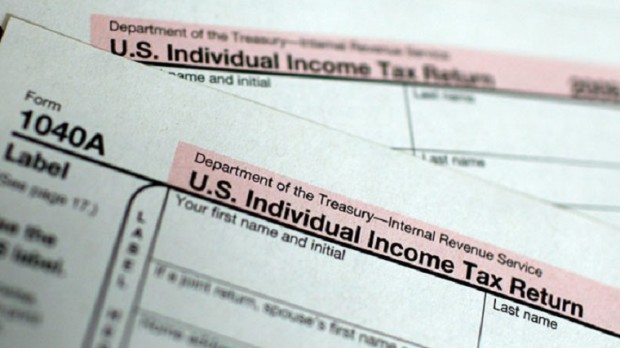If you own a business, it is critical to find a tax preparer who understands that tax implications of owning a small business as well as your particular needs in order to establish a beneficial relationship. And just because you’ve used the same professional for the last few years doesn’t mean you have to stick with him or her.
When looking for a tax pro, make sure the one you consider is certified. According to Dave Du Val of www.taxaudit.com, “In the United States more than 60% of ‘tax professionals’ are not qualified or certified. Just because a shingle is out doesn’t mean that the person has the proper background to serve you properly.”
He adds that only two states, Oregon and California, require licensing and testing. “A few such as New York require registration, but anyone can pay $100 and be registered as a tax professional. There are no educational or professional qualifications required.”
According to Du Val, The Annual Filing Season Program (AFSP) is the voluntary program for unenrolled tax preparers sponsored by the IRS. The course, he says, includes a six hour refresher course, 10 hours of federal tax law, two hours of ethics and no state tax law. “When you’re looking at more than 75,000 pages of federal tax code, you realize this may not be enough education.” Attendees receive a certificate of completion good only for that tax year, and they must have applied for and received a Preparer Tax ID Number (PTIN).
“Although a tax professional who is not an enrolled agent or a CPA can prepare the return, they are not allowed to represent you in the event of audit. Just because they’re in a nice office, wear a fancy suit, and have lots of diplomas on the wall doesn’t mean they know what they are doing nor are they held to IRS standards via Circular 230,” Du Val says.
There are also people known as “ghost preparers” who use inexpensive tax software and don’t sign the returns. The return is shown as self-prepared, which means the audit risk is higher. “Many of them have criminal activity in mind,” claims Du Val. “They might direct deposit a refund of $7,000 into their own checking account (the refund may include an Earned Income Credit, additional child tax credit or anything refundable and is therefore a target for fraud). They tell you the refund is only $1,000 and they keep the remainder. They’re gone when tax season is over.”
Selecting the right entity can be an issue that’s best addressed with the aid of a qualified tax professional who can grow along with your business. You may have started as a sole proprietor, but have expanded and may now be a good candidate for incorporation. A good tax professional tracks your progress in the business world, understands the ins and outs of incorporating and the tax consequences of each entity selection.
The tax pro should also understand bookkeeping and financial statements and have extensive experience in that line of work. By reviewing your financials, the professional should know whether or not you are heading for a big tax liability come April 15 and can help you plan for that liability, strategize to minimize the liability and pay the proper amount of estimated tax payments to cover it. You might get the best referral for a tax pro that specializes in small business through the chamber of commerce or other entrepreneurial networking group.
It’s also important to know tax preparers’ backgrounds: how long have they been in the business? Lived in the area? Do they stay in a community for a long period of time? Are they involved? What do their references have to say?
Lloyd Leuthner, a CPA and enrolled agent with H&R Block in Green Bay, Wisc., says approachability is the top consideration when deciding who to work with.
“Owning a business is a serious matter and you want to be able to effectively communicate and understand the person who is handling your tax return.” You don’t want to leave a meeting feeling diminished and with glazed eyes wondering what that was all about.
Leuthner adds, “It’s important to know where the tax pro is going to be after tax season is over. The tax pro should be available to answer questions. Things come up – I’m buying a new vehicle or piece of equipment for the business, should I buy or lease? Or you might get that dreaded letter advising you that you have been selected for audit. Will the tax pro be available to represent you?”
Read more: How to Select a Tax Professional for Your Small Business















No Comments